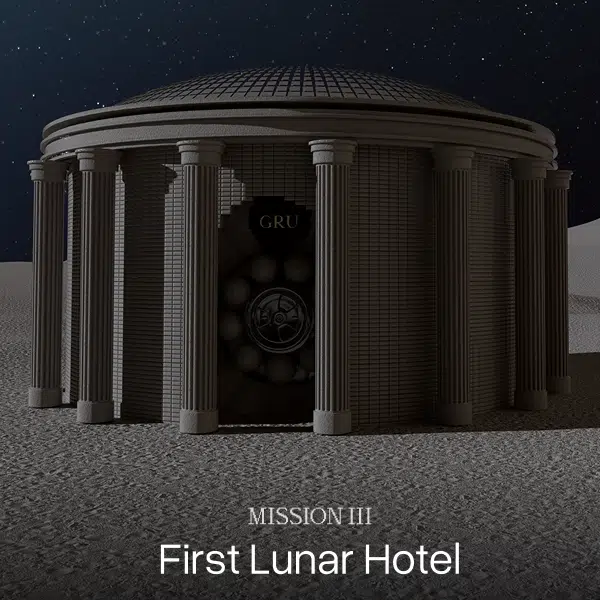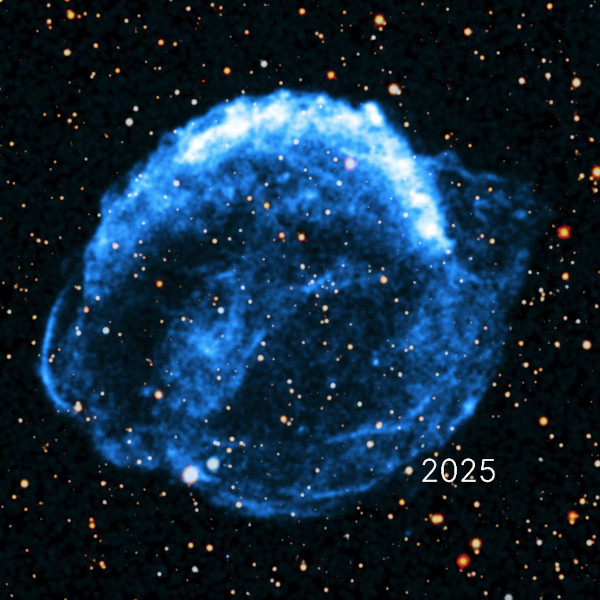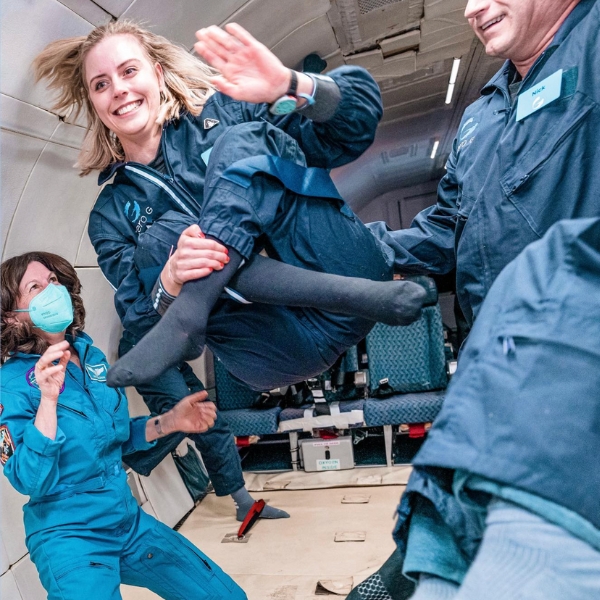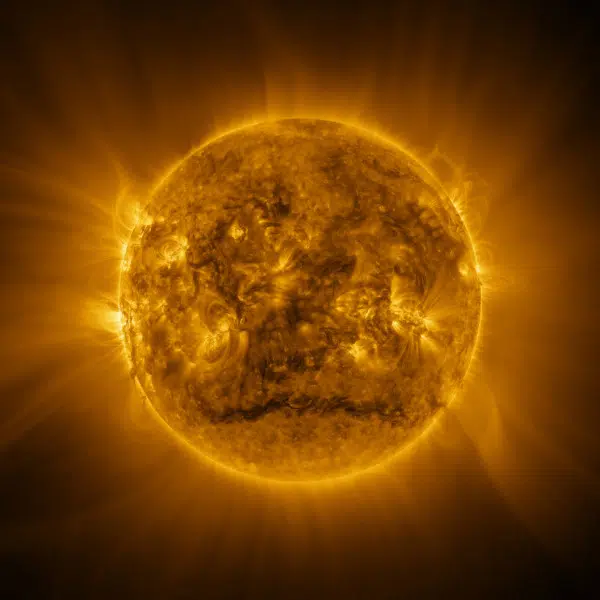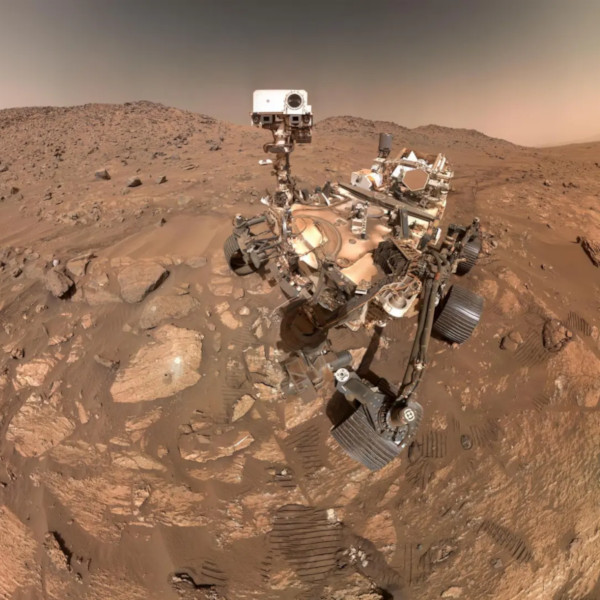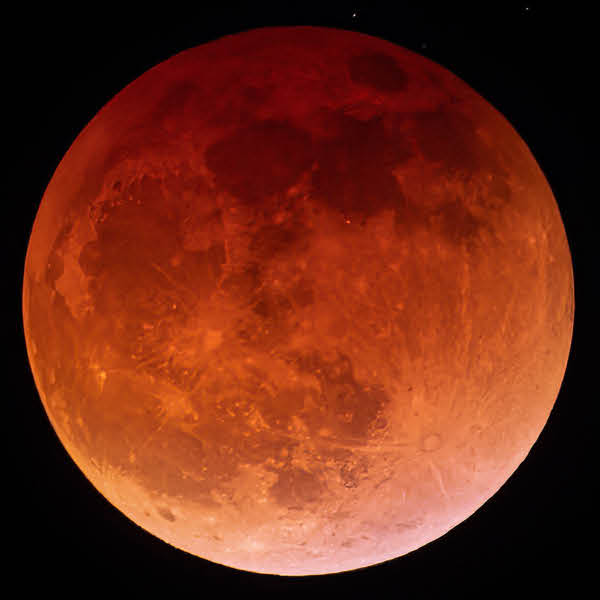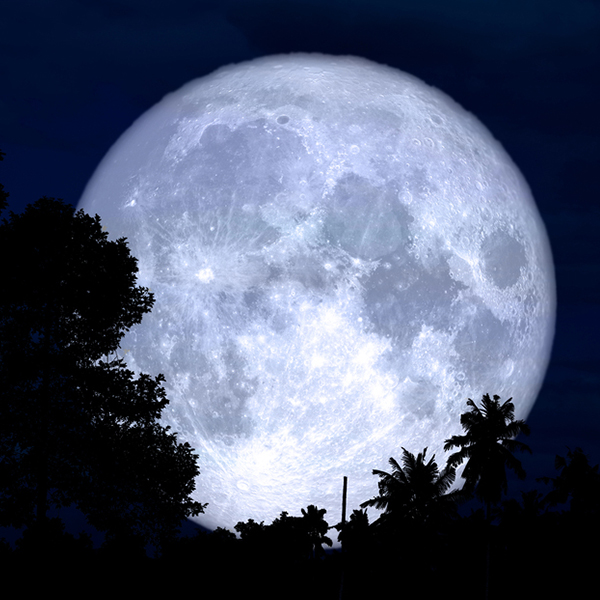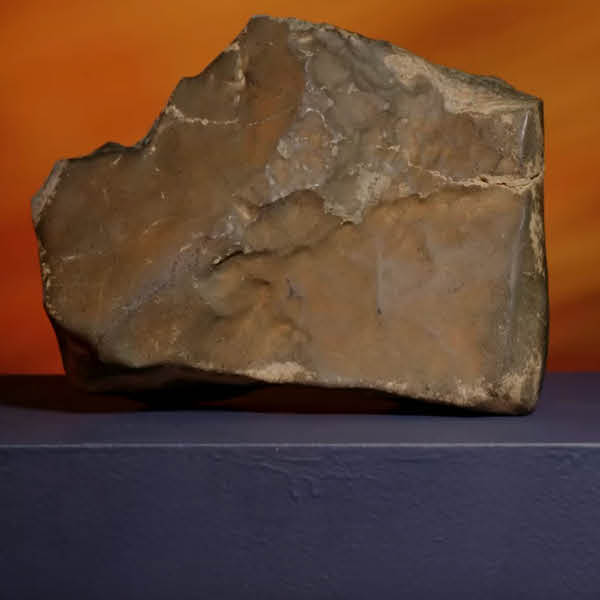NASA's Parker Solar Probe recently made history by flying into the Sun's atmosphere. By “touching the Sun,” the spacecraft is bringing us a plethora of new information about this central part of our solar system. While passing through the Sun's corona, Parker took pictures of structures called coronal streamers, which are typically only seen by us on Earth during a solar eclipse. Now, those images have been transformed into a fascinating time-lapse.
In the short clip, we see what are also referred to as pseudostreamers. Parker encountered these massive structures just below 15 solar radii (around 6.5 million miles) from the Sun's surface. Comparing it to flying into the eye of a storm, NASA noted that once the solar probe was inside the pseudostreamer, everything quieted. In the time-lapse, these coronal streamers can be seen as bright streaks moving up and down.
It's fascinating material like this, which was captured by Parker's WISPR instrument, that makes the mission historic. And, in case you wanted even more detail, astronomy lovers in the Twitterverse have blessed us with a breakdown of the video. Astrophysicist Grant Tremblay, who works for Harvard and the Smithsonian's Center for Astrophysics, made some astute observations about a few of the dots visible in the images.
He spotted both Venus and Mercury toward the end of the footage, which was confirmed by computational scientist Karl Battams. Dr. Battams works with the U.S. Naval Research Laboratory's Sungrazer Project and was able to identify many of the planets visible in the clip. It's these collaborative efforts and a shared interest in the Parker Solar Probe that highlight the unity of the astronomy community.
So sit back and take a trip to the Sun with this clip and then slow things down to try and identify all these planets.
NASA put together an incredible time-lapse of the coronal streamers viewed by the Parker Solar Probe.
I cannot stop thinking about this incredible footage, mainly:
(1) The milky way. Imaged from within a solar streamer. FFFF.
(2) Those two planets at the end? I'm almost positive it's Venus and Mercury, but need to confirm w/ jpl horizons (or, more easily, a Parker person) https://t.co/lMu449MlBl pic.twitter.com/o7Gbiju1xX
— Grant Tremblay (@astrogrant) December 15, 2021
Researchers on Twitter then put together a map to what planets are visible in the footage.
Confirmed from the excellent @SungrazerComets and @hervst: pic.twitter.com/2vfAIgoQqt
— Grant Tremblay (@astrogrant) December 15, 2021
h/t: [PetaPixel]
Related Articles:
NASA Releases Incredible Photo of ISS Passing Across the Sun
NASA Shares Spectacular 10-Year Time-Lapse Video of the Sun
NASA Releases First Photo Ever Taken from Inside the Sun’s Corona
It Took 100,000 Photos to Put Together This 230-Megapixel Picture of the Sun











































































